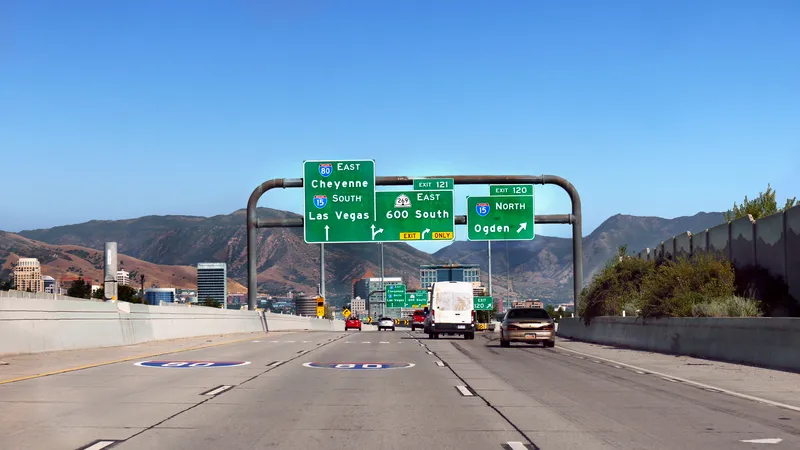
The Finnish city of Tampere is allowing companies and research institutes to trial smart transport and autonomous vehicles (AVs) in a test area of its Hervanta suburb.
The Smart Tampere programme describes the Hervanta test area as “a private cloud-based LTE network built by Nokia.”
The plan is to allow companies, higher education and research institutions to test smart city products and services that utilise 5G technology and to develop a strategic development programme that encourages carbon neutral mobility in the region.
The test area will allow autonomous vehicles to be tested without human intervention, Smart Tampere adds.
It was established with a range of partners which include engineering consultancy Ramboll and the VTT Technical Research Centre of Finland.
It has been developed as part of a European Regional Development Fund Project called Smart City Test Area – Towards Level 4 Automated Transport.
Level 4 describes autonomous vehicles which are able to intervene themselves - rather than the driver doing it - if there is a systems failure.
Atte Riihelä, project manager at Ramboll Finland, says: “Our international benchmark study found four factors that support success: the region’s high level of expertise, public support, political will, and a transport environment suitable for testing. All of these factors are present in the case of the test area in Tampere.”
Aside from this initiative, Tampere is looking into the possibility of using autonomous buses to complement services offered by the Tampere Tramway.
The city's Hiedanranta district is already testing autonomous buses with the aim of becoming a carbon-neutral area.









